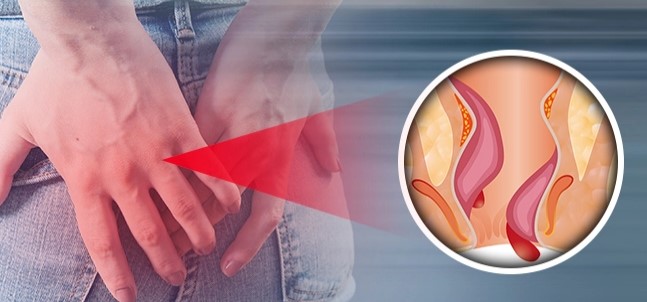Fistula condition, causes, surgical management, newer treatment
A fistula is an abnormal connection or passageway that develops between two organs or structures in the body. Fistulas can occur in various parts of the body, such as the anus, the urinary tract, or the lungs. Here is some information on fistulas, their causes, surgical management, and newer treatments:

Causes of Fistula:
Infection or inflammation: Fistulas can occur as a result of an infection or inflammation in the body. For example, an anal fistula may develop as a result of an infection in the anal gland or a perianal abscess.
Injury: Trauma or injury to a particular part of the body can sometimes lead to the development of a fistula.
Surgery: In some cases, surgery may lead to the development of a fistula. For example, a fistula can occur after surgery to remove an abscess or a tumor.
Crohn’s disease: Crohn’s disease is a chronic inflammatory bowel disease that can cause fistulas to form in the intestines.
Radiation therapy: Radiation therapy to treat cancer can cause tissue damage and lead to the development of a fistula.
Surgical management of Fistula:
Surgery is the mainstay of treatment for most fistulas. The goal of surgery is to remove the abnormal connection between the two structures and promote healing. The type of surgical procedure used depends on the location of the fistula and the underlying cause. Some of the common surgical procedures used to treat fistulas include:
Fistulotomy: In this procedure, the fistula is opened and the tract is removed. This is a common procedure used to treat anal fistulas.
Seton placement: A seton is a surgical thread that is placed through the fistula tract to promote drainage and prevent infection. This is often used to treat complex or high-risk fistulas.
Fistula plug: In this procedure, a biodegradable plug is inserted into the fistula tract to promote healing and closure.
Advancement flap: In this procedure, healthy tissue is used to cover the fistula opening and promote healing.
Newer treatments for Fistula:
There are several newer treatments for fistulas that are being studied or have recently become available. Some of these treatments include:
Stem cell therapy: This involves injecting stem cells into the fistula tract to promote healing and closure.
Fibrin glue: This is a type of adhesive that is injected into the fistula tract to seal it off.
Collagen plug: Similar to a fistula plug, a collagen plug is inserted into the fistula tract to promote healing and closure.
Endoscopic closure: Endoscopic closure of fistulas is a newer technique that involves using a special device to close the fistula from the inside.
It’s important to note that the success of newer treatments for fistulas is still being studied, and not all of these treatments may be widely available. Surgery remains the mainstay of treatment for most fistulas. If you suspect you may have a fistula, it’s important to consult with a medical professional for a proper diagnosis and treatment plan.
